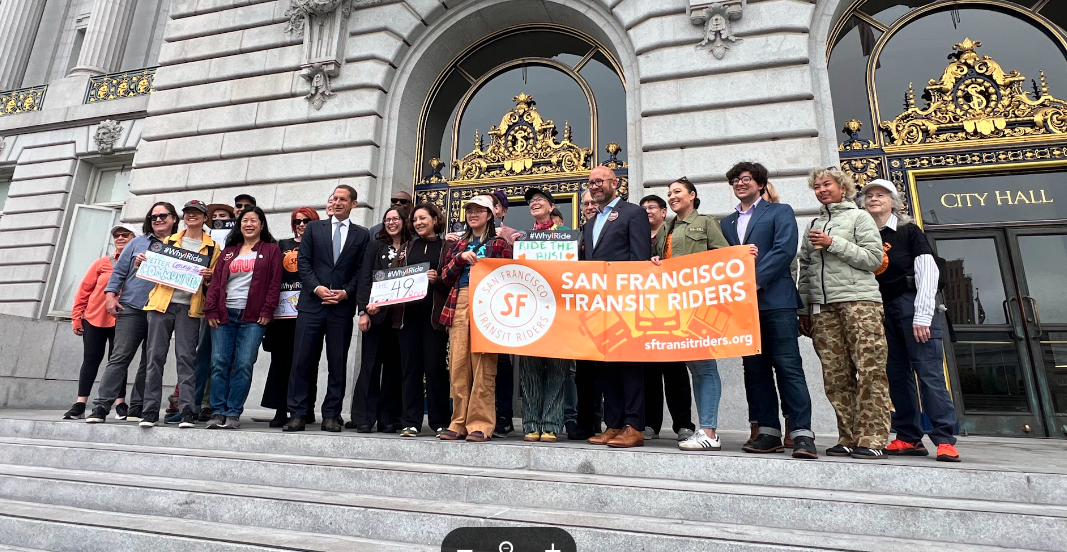A story with major implications for development patterns in the U.S. is playing out right now in greater Milwaukee.

The growing suburb of Waukesha has devastated its once-famous water resources through unchecked sprawl and poor planning. Now, despite being located in one of the most water-rich parts of the United States, Waukesha is running dry.
So Waukesha is trying to set a terrible precedent in water politics: It's applying to receive the first exemption to the 2008 Great Lakes Compact, a multi-state agreement that forbid the draining of the Great Lakes. This legally-binding compact was mainly fueled by concerns about water-starved regions far to the south, in the Sun Belt, pleading for resources. But Waukesha has proven that even towns just a few dozen miles from the world's greatest body of fresh water can beggar themselves.
James Rowen at the Political Environment reports that after years of political tussling with its neighbors, Waukesha has completed its application for Great Lakes water, and now the approval process is moving forward:
Waukesha's water utility manager says the Wisconsin Department of Natural Resources agrees it has all the information it needs to say "yes" or "no" to the city's plan to divert Lake Michigan water and return it as treated wastewater through the City of Racine's Root River harbor outflow.
The City of Waukesha has been saying for more than five years that DNR approval of the plan was just around the corner, though years of delays also mean the city will miss a court-ordered 2018 water supply deadline and will have to negotiate an extension to avoid fines.
Despite the delays and blown deadlines -- if the DNR green-lights the plan and it wins the other Great Lakes states' mandatory and unanimous approvals to allow the diversion's projected $206 million construction -- revenue sources still not solidly in hand -- the Waukesha city water utility manager is in line for cash bonuses.
The decision-making process on the exemption will likely be politically-charged. Waukesha is a well-known national Republican stronghold, its growth largely fueled by people moving away from areas closer to the city of Milwaukee. In Governor Scott Walker's Wisconsin, it's unclear whether state's weakened DNR, where the words "climate change" are reportedly off limits, will be an impartial actor. Meanwhile, to win an exemption from the Great Lakes Compact, the plan will also need the support of eight governors -- a majority of whom are Republicans.
Elsewhere on the Network today: The Dirt examines the tracks records of various models of urban growth boundaries around the country. On Jane Jacobs' birthday, Market Urbanism reflects on her ideological legacy. And Seattle Transit Blog explains the political reasons why rail projects in the region often have more appeal to transit advocates than bus projects.





